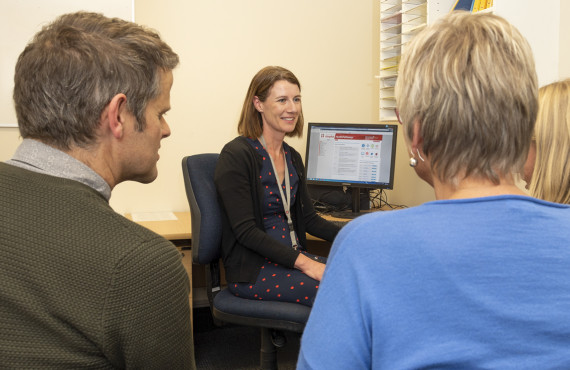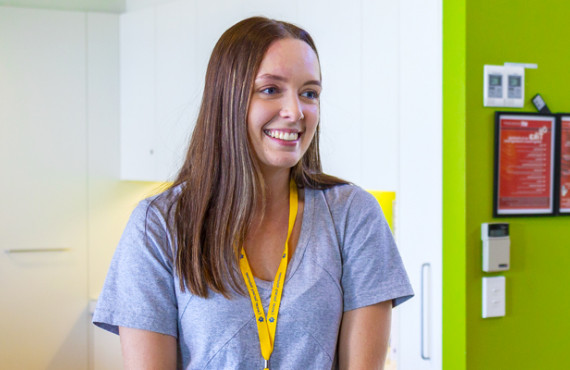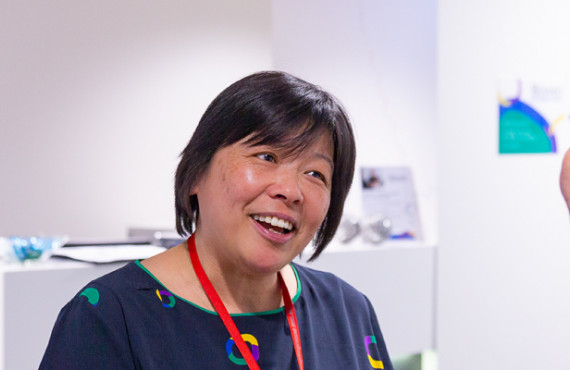Feeling sick, also called nausea, is a common side effect of cancer treatment.
Cancer treatment and feeling sick
Some cancers and cancer treatments can cause a range of side effects, like feeling sick (nausea), vomiting, fever and infections.
Medication is often given to help you feel less sick. It is easier to prevent sickness than to treat it once it has started.
If you do feel sick, you will find that it usually starts several hours after treatment.
Tips for feeling less sick after cancer treatment
People have found the following suggestions helpful:
- eat small meals at frequent intervals
- avoid fatty or fried foods
- rest before and after eating
- do not lie flat during or after eating
- drink plenty of fluids
- see a dietitian or nurse for dietary advice
- try relaxation or mindfulness exercises
- do something enjoyable as a distraction from feeling sick
Let your doctor know if you feel sick, or if the medication you are using is not working there may be something else you can try.
If nausea or vomiting continues for longer than 24 hours or you are unable to hold down any fluids, do not wait to see what happens.
It is important to contact your treatment team or go to your nearest hospital emergency department immediately and tell them you are receiving treatment for cancer.
Fever and infection
It's important to watch out for when feeling sick turns into something serious.
A fever means you have a body temperature of over 38°C. You may also have chills, shivers or shakes, and a headache.
A fever can be a sign that your body has an infection and that something is wrong. You can have an infection without a fever but you will still feel unwell.
During treatment for your cancer, the number of white blood cells (cells that fight infection) may go down. This means that your body is unable to fight infection in the usual way.
The risk of infection is serious and the first sign of a rising temperature or feeling generally unwell requires urgent medical attention.
Do not wait to see what happens. It is important to contact your treatment team or go to your nearest hospital emergency department immediately and tell them you are receiving treatment for cancer.
The risk of getting an infection and fever does not go away as soon as your treatment ends. Speak with your treatment team about what this means for you.
Using complementary or traditional healing
Sometimes people with cancer might think about using complementary therapies or traditional healing.
Some alternative, complementary and traditional healing methods may react with the treatment you receive and cause harmful side-effects.
It is important to talk to your treatment team about any other therapies you’re using or thinking about because they may interfere with hospital treatment.

We've put together a list of questions you may wish to ask your treatment team.

We are here to help and support you and your whānau through cancer diagnosis, treatment and recovery…

Learning more about the treatments you've been offered can help you prepare.
We know that going through cancer is tough and can raise many questions. You are not alone.
We have health professionals to answer your questions and provide the support you need.
Get in touch
